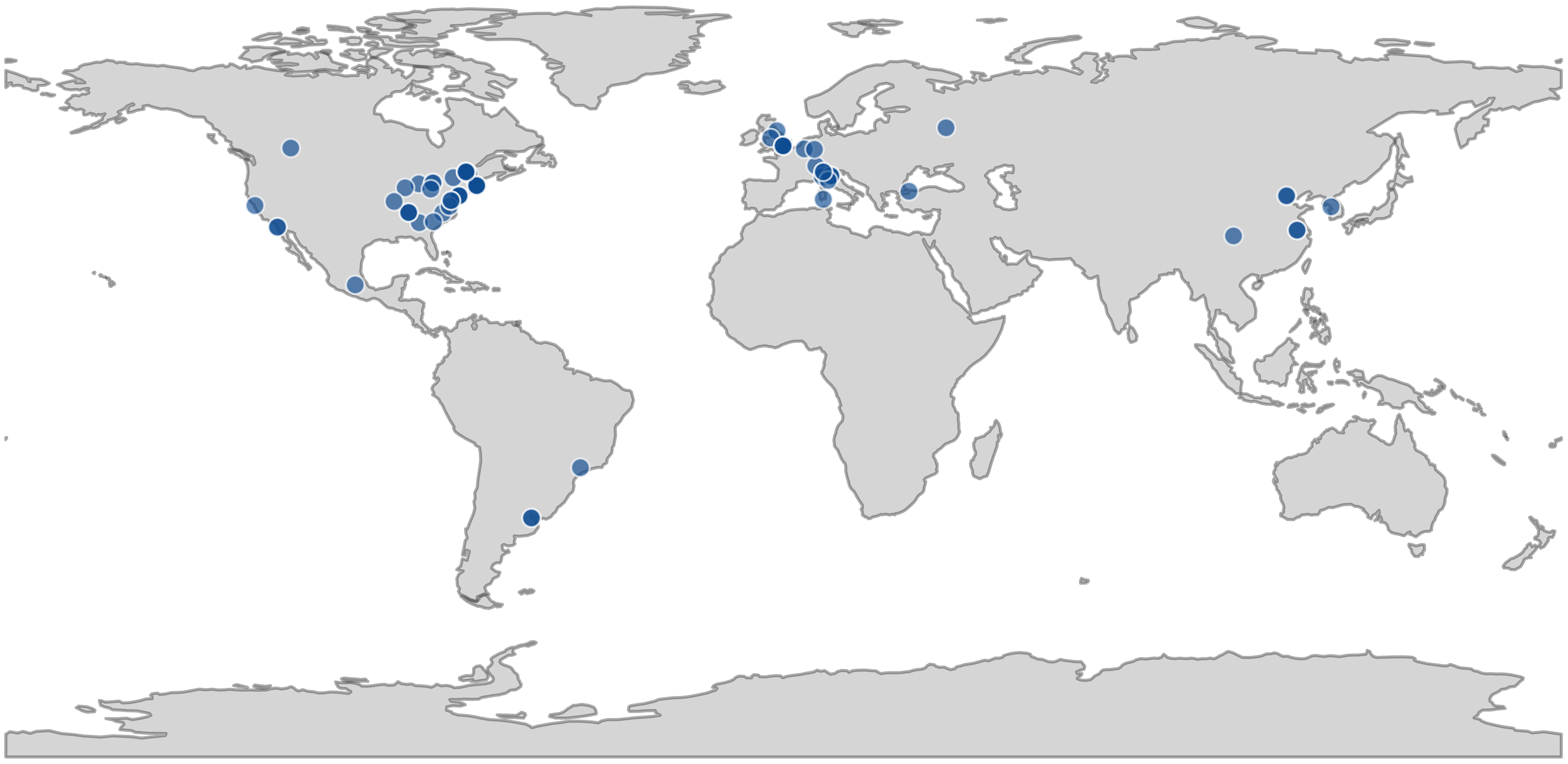Theme 1
| Multiscale investigations of the human brain
An emerging theme in network neuroscience highlights the human brain as having a complex, multiscale network architecture. Our team focuses on integrating macroscale connectomics with brain properties derived from meso- and microscale resolutions. Such features include MRI markers of tissue microstructure, local functional properties, as well as information from nonimaging domains, including cellular, genetic, or chemical data. By enriching connectome models, our method refines our understanding of healthy brain function and clarify the underlying mechanisms of brain disorders like stroke, autism, and drug-resistant epilepsy, which involve complex interactions between local and network-level disturbances.
For more details, see our publications on multiscale neuroscience

Theme 2
| Neuroimaging of epilepsy
Epilepsy is one of the most common chronic neurological disorders, with 30%-40% of patients experiencing seizures despite antiepileptic drug treatment. Advances in brain imaging and network analysis have transformed our understanding of epilepsy, shifting the view from a “focal” disorder to one that affects broader brain networks. In our lab, we focus on developing clinically meaningful biomarkers and apply them in three key areas: (1) modeling cognitive impairments, (2) localizing surgical targets, and (3) predicting clinical and cognitive outcomes after surgery. To support these efforts, we collaborate with the Centre hospitalier universitaire de Sherbrooke (CHUS) and participate in two global epilepsy neuroimaging initiatives:
For more details, see our publications on neuroimaging of epilepsy
ENIGMA-Epilepsy
The Enhancing NeuroImaging Genetics through Meta-Analysis (ENIGMA) Consortium is a big data alliance that pools neuroimaging and genetic data from around the globe. ENIGMA-Epilepsy, the Epilepsy Working Group of ENIGMA, is dedicated to improving our understanding of in vivo neuroanatomical disruptions in people with epilepsy compared to healthy individuals in the general population.

Neuroimaging of Epilepsy Worldwide
The Neuroimaging ofEpilepsy Worldwide (NEW) initiative is a platform for trainees, researchers, and clinicians interested in learning, sharing, and building their careers in neuroimaging of epilepsy. Their primary goal is to provide a community composed of early career researchers (ECRs) and established researchers to facilitate networking, collaboration, and mentorship amongst members.

Theme 3
| Typical and atypical brain development
With onsets often in childhood, developmental transitions from early childhood through adolescence are sensitive periods for several disorders, including epilepsy. Our research focuses on the dynamic development of cognitive brain networks and the factors that influence them during brain development. Our goals are to (1) map the developmental trajectory of cognitive brain networks, (2) identify stages most vulnerable to environmental and intrinsic influences, and (3) develop predictive markers of developmental cognitive (dys)function.
For more details, see our publications on brain development

